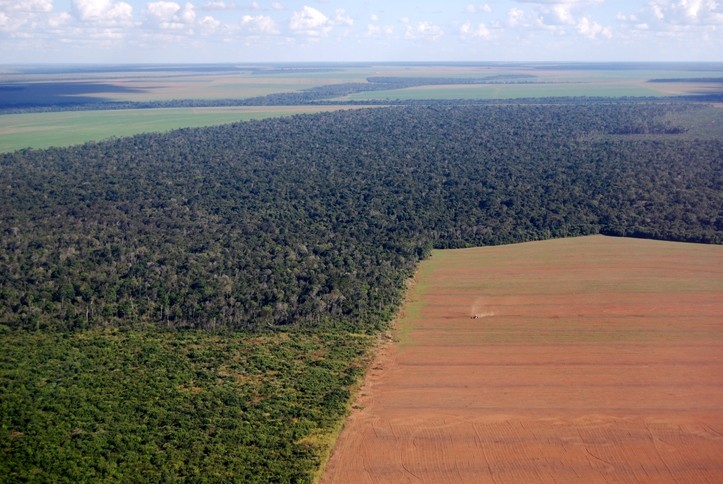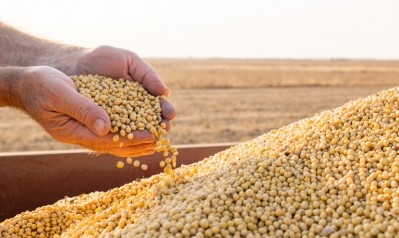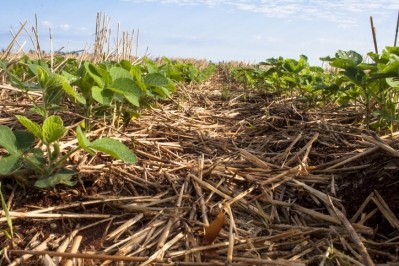EU trade groups aghast over Brazilian farmer push to end Soy Moratorium

Aprosoja, the main group representing Brazilian soy growers, wants to end the Soy Moratorium, and it is looking to get a favorable ruling on that from CADE, Brazil’s agency that oversees market competition. However, Brazil’s Abiove, the association representing soy traders and crushers, said it is strongly opposed to any move to scrap the Moratorium.
Nathalie Lecocq, director general of EU vegetable oil and protein meal industry group, FEDIOL, expressed concerned over the declared intention of Brazilian soy farmers.
“We hope that key actors in Brazil will consider the role the Moratorium is playing in defending the reputation of Amazon soy and in supporting continued use of soybeans and particularly soymeal in Europe,” she told this publication.
The European market is increasingly demanding that agri-commodities are not linked to deforestation. Thus, Brazilian soy farmers risk losing part of the European market for soy products, valued at $5 billion in 2018, if they ditch the Moratorium.
“Our oilseed processing companies are using soybeans, including from Brazil origin. The Amazon Soy Moratorium allows European users of Brazil soy to source from this region knowing that, thanks to the Moratorium, soy is no longer a driver of deforestation in the Amazon Biome,” added Lecocq.
Nick Major, president of the EU Feed Manufacturers’ Federation (FEFAC), also weighed in on the development, sending us a statement:
"FEFAC highly values responsible soy chain initiatives in Brazil and has been a long-standing partner of Brazilian soy value chain actors, promoting good environmental, agricultural and social practices.
“Our FEFAC soy sourcing guidelines, together with its ITC facilitated independent benchmarking system, contributes to mainstream market transformation of responsible soy supplies.
“We would, therefore, strongly regret a dismantlement of the Amazon Soy Moratorium, which has provided certainty and confidence to EU feed industry customers that all soy deliveries from the Amazon Biome are sourced from areas free from deforestation since 2008.”
‘Turning the idea on soy-related deforestation’
A study evaluating the Moratorium, published in the journal Science in January 2015, showed it had made a major contribution in ensuring a reduction in deforestation in Brazil since its introduction.
Jun Lyu, chair of COFCO, the Chinese state owned agri-commodity trader, in an article published at the start of the year, as part of the World Economic Forum Annual Meeting in Davos, stressed how collaborative efforts like the Soy Moratorium have turned the tide on soy-related Amazon deforestation.
Lyu called for such collective action to be extended beyond the Amazon to other equally fragile soy production regions, such as the Cerrado.
An agreement, signed in a 2016 ceremony at Brazil’s environment ministry, renewed the Moratorium indefinitely – or as the renewal document stated – until it was no longer needed.
Prior to that, the Moratorium had been renewed annually, starting in 2008.
By May 2016, the Brazilian government had anticipated that enough soy farmers would be meeting their obligations under the two instruments included in the new environmental governance laws, the Forest Code — the Rural Environmental Registry (CAR) and the Environmental Compliance Program (PRA) — to justify ending the agreement, but the indefinite renewal of the Moratorium in 2016 showed otherwise.










